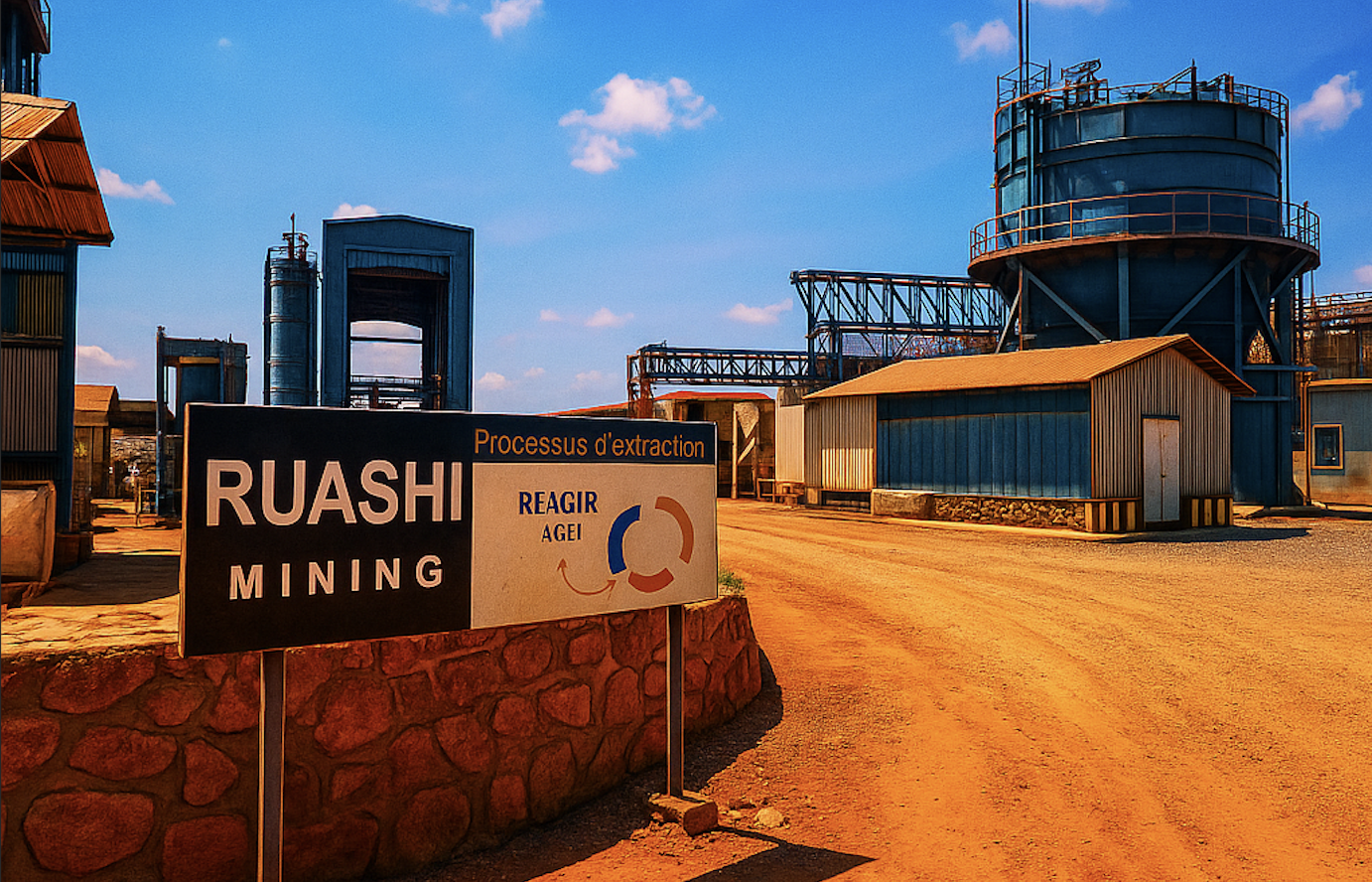The Ruashi Mining CEO sentenced ruling in the Democratic Republic of Congo (DRC) sets a precedent in legal accountability for foreign executives. Wang Tao, CEO of Ruashi Mining SAS, received an 18-month prison sentence and a fine of 2 million Congolese francs. In addition, the court held the company jointly liable, ordering it to pay USD 10 million in damages to French-Congolese entrepreneur Pascal Beveraggi.
Court Case Uncovers Compliance Failures
The case began with a ruling by the Kinshasa Commercial Court recognising a USD 7.5 million debt owed by Ruashi Mining to Beveraggi’s companies—NB Mining Africa SA and Octavia Limited. Despite court-ordered asset seizures, Wang Tao actively disrupted the process. He filed contradictory legal motions and diverted frozen funds, including USD 1 million from TMB and USD 460,000 from Ecobank. Authorities later uncovered forged documents and unauthorised resealing of seized assets.
Ruashi Mining’s Strategic Value to China’s Supply Chain
Ruashi Mining runs a key copper and cobalt operation near Lubumbashi, DRC. It is 75% owned by Metorex, a South African firm acquired in 2012 by China’s Jinchuan Group in a USD 1.3 billion transaction. Since 2013, Metorex has been integrated into Jinchuan Group International Resources, listed in Hong Kong. The DRC’s state mining company, Gécamines, holds the remaining 25%. This structure makes Ruashi Mining central to China’s mineral strategy in Africa.
Ruashi Mining CEO Sentenced: Legal Precedent in the DRC
The Ruashi Mining CEO sentenced decision marks a shift in local enforcement against foreign corporate executives. The Congolese judiciary rarely convicts senior leaders of foreign firms—especially those backed by state-owned enterprises. However, this ruling sends a clear signal. The DRC courts are increasingly assertive in applying the rule of law to all entities, including politically connected multinationals.
Foreign Investors Face Heightened Governance Expectations
Multinational corporations must now navigate a legal environment where local courts hold them accountable. This ruling serves as a critical warning. Chinese and other Asian firms operating in Africa need robust compliance frameworks and must actively manage risk. Governance oversights, if left unchecked, can lead to significant legal, reputational, and financial consequences.


